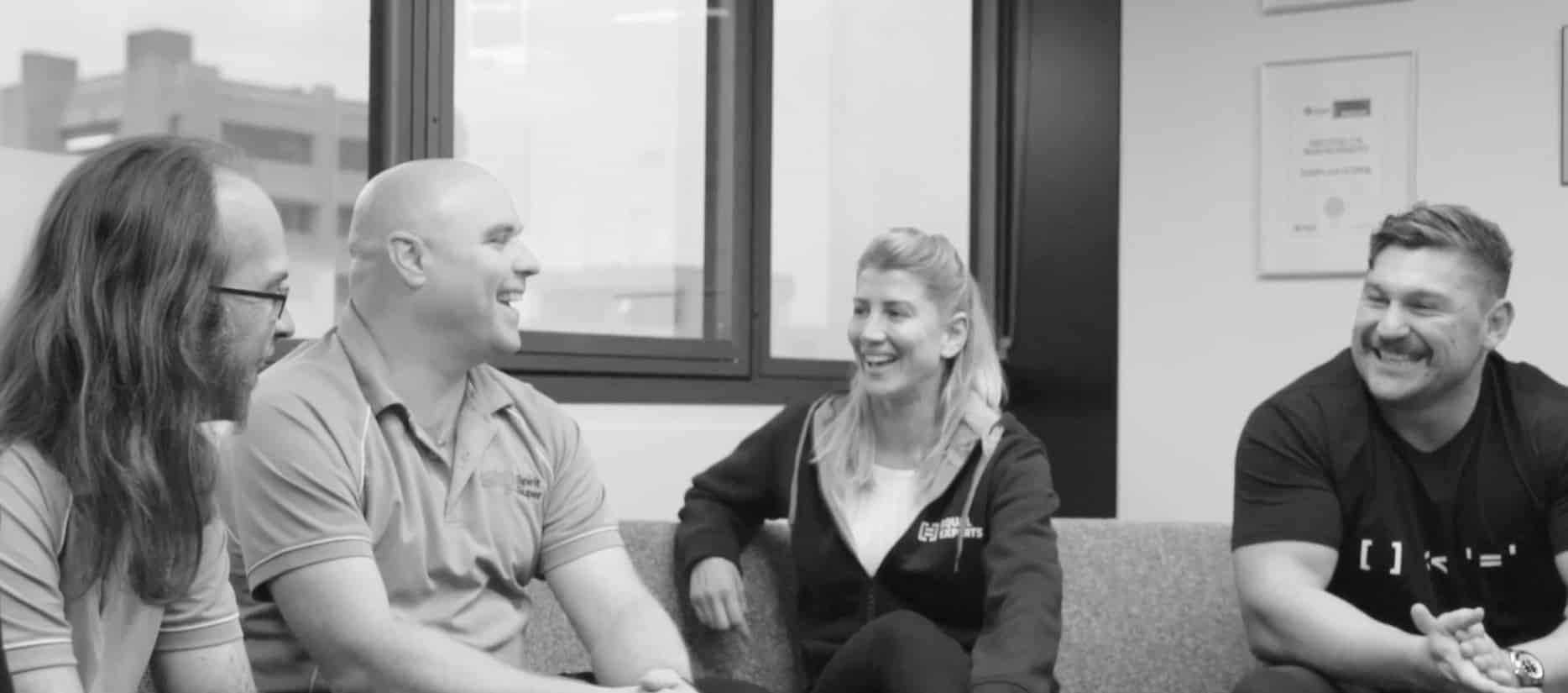Team Charter
Our team charter sets out the Equal Experts way for all the teams working with customers
However experienced, perceptive or diplomatic we are, when we work with a customer, situations can arise that can challenge the best of us. We also have the utmost respect for all our customers and we know you know most of this stuff already, but we think this charter still acts as a useful reminder for all Equal Experts consultants for how to navigate the day-to-day when working on-site or remotely with a customer and colleagues.
Customer Success
Customer Vision
- Focus on helping not telling: We’re there to help the customer formulate and achieve their goals. We are not there to tell the customer how to run their business. They know their business better than we will ever do.
- Put our own goals second: Any wider Equal Experts or personal goals must always come second to the needs of the customer whenever they are in conflict.
- Support – even when we exit: The customer may decide we’re not the right fit, or we may decide we’re not right for the customer. If that is the case, we look at the best way to exit gracefully so we do not put the customer’s business at risk. And until such time, we support the customer vision.
Legacy
- Leave the customer in a better place: We should always aim to leave the customer in a better position than how we found them through improved software, products, processes, customer base, upskilling, and delivery mindset.
- Leave with our heads held high: We leave a legacy of professionalism and respect, wishing them the best for the future.
Step-by-step change
Adding value
- Improve capabilities: We continuously seek to improve our customer’s capabilities as we deliver software. We push for three things in all our engagements:
- Technical innovation: If there’s a competitive advantage for our customer by using new technologies, responsibly, we should embrace it.
- Product delivery: We want to be associated with meaningful, interesting products that benefit users.
- Empowerment: We want to build enough trust with our clients to be able to challenge the status quo and move the organisation in the right direction.
Widen our context
Project history
- Everyone did their best: Whatever happened before, we accept that everyone did the best they could with the resources and knowledge they had.
- We’ll never know the full story: We have no way of knowing the entire project history and we’re aware that any history may be rewritten.
- We empathise with the past: It may not have been an easy time for those who worked on the project before us, and they might still be emotionally invested in some past decisions.
Outcomes over approach
Methodologies and processes
- Be open-minded and focus on the outcome: Discovering the best method for delivering software in large corporates is an ongoing process. We’re humble enough to recognise that we don’t have all the right answers. We’re not wedded to a single agile approach. However, we know what good looks like and we strive to achieve it.
- Respect the back story: Our customers often hire us to change what’s come before or to move away from a ‘Waterfall’ model. We respect how they’ve got to where they are, even if we wouldn’t have done it that way ourselves.
Teams of Equals
Customer environment
- Work when they work: Most of our customers expect us to work when they do – during normal office hours. We get there on time, we’re a bit early – but we don’t make a habit of rolling up late.
- No careless talk: We’re open when discussing client work, but we keep Equal Experts matters to ourselves.
- Dress appropriately: Is the customer more ‘crisp shirt’ than ‘flip-flop’? Everywhere is different, so until we’ve settled in and know our way around the norm, we play things a bit more cautiously.
Other consultancies
- All for one: We treat other suppliers in the same way we treat our customers or would want to be treated ourselves.
- Some are here, some are there: Not all suppliers are as far down the path to ‘project enlightenment’ as we are. That’s OK – we were there once too.
Learning over knowing
Customers and colleagues
- Listen: Sure, we’re all senior practitioners with lots of experience and strong views. That doesn’t mean we can’t listen to each other, reconcile different points of view and have healthy debates.
- Learn: Nobody knows everything. We’re here to learn from other people, broaden our minds and respect one another.
- Work together to help: The customer has invited us in to solve specific challenges and work towards their goals. They expect us to act as a coherent group and reach a common approach in a short amount of time.
Respect the past
Previous Equal Experts clients
- Stick to the praise: By all means, talk about the good things we experienced with a previous client. But we leave any negatives at home.
- Be careful what we say: When referring to previous client projects, we don’t say anything sensitive or something that may be under NDA.
- What goes around… comes around: If our current customers hear us speaking respectfully about previous ones, they know we’ll do the same for them once we’ve moved on.
Your own Team Charter
Practise what we preach
- Create your own charter: Once you’ve soaked up the Equal Experts Charter, it’s well worth thinking about creating your own Team Charter too.
- Your Team Charter should include: Things like ceremonies (stand-ups, working hours), delivery rules (e.g. definition of done) and technical practice guidelines (things like pairing and testing approach).
